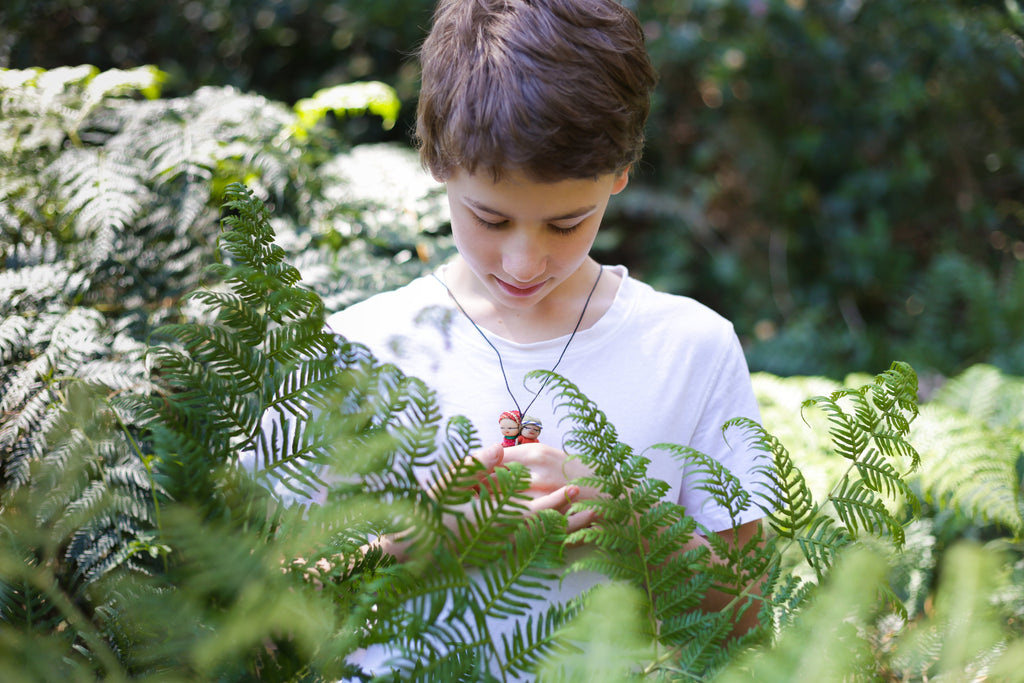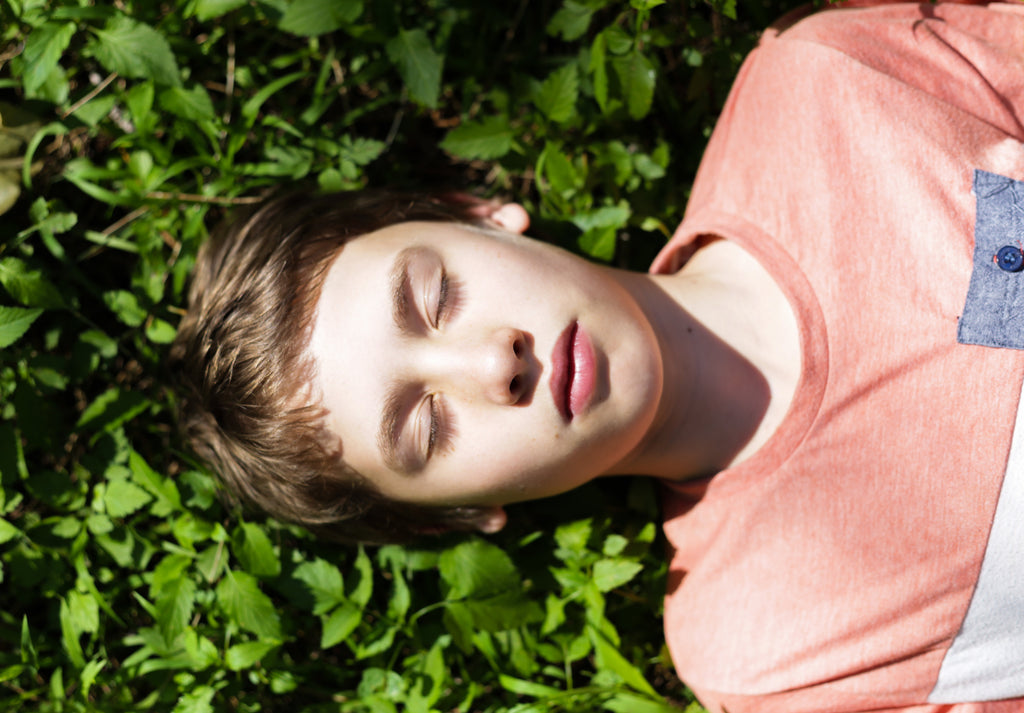The Benefits of Mindfulness and Meditation for Kids
Teaching Mindfulness and Meditation to Primary School Students is now a vital after-school activity, and, could possibly be the most important preparation for High School, University and Young Adulthood over the coming years. Here are the main reasons why:
This is a difficult time to be raising children.
As we speak 1 in 7 children now suffer from a mental health issue. That is over half a million Australian children in any given year alone. Academic pressure, social media, electronic devices, worry, anxiety, ADD and ADHD are just some of the alarming words that are becoming commonplace in our children's lives.
As parents what can we do?
In the last few years, mindfulness and meditation have emerged as a fun and positive way to help children overcome a range of emotional challenges in their young lives.
Children learn how to build self-belief, awareness, and compassion for themselves and others around them, cope with stressful situations, regulate emotions, relax and focus better so that they can concentrate and memorise more effectively, as well as still their minds and breathe correctly to help assist with anxiety, worry and sleep.

The main benefit of Mindfulness; Happiness.
Mindfulness has been shown to not only decrease stress but also increase happiness, and, the practice of compassion and caring for others is key to building better relationships, health, and emotional well-being for everyone in the family.
So, it's not just adults, parents and teachers that can stand to benefit from cultivating a focused awareness on the present moment as research is beginning to shed light on the power of mindfulness as an intervention for a number of behavioural challenges that children and adolescents can often face.
-
Sports, Arts, Music and Dance.
Mindfulness helps children focus, supports confidence in play and heightens senses and awareness. An amazing amount of athletes now practices mindfulness.
-
Tests and Grades
Students learn how we can stay focused and concentrate. Instead of needing to read the same page over and over due to getting distracted.
-
Making Friends
For all students, it is important to have friends and get along with peers. Mindfulness can help children improve their friendship skills by practising active listening, compassion, and authenticity.
-
Being Happy
Practising mindfulness can lift us up and put us in a brighter state of mind. Kids learn that mindfulness isn’t just about focusing and working with difficult emotions. When practised over time it leads to a happier state of mind and feeling more content with life.

Meditation actually changes the brain.
The world is abuzz with the amazing benefits of meditation. But perhaps you haven’t heard that the hype is backed by hard science.
Research shows that 8 weeks of mindfulness and meditation practice can help rewire our brains for happiness. Read the full article. Harvard News, “Eight weeks to a better brain.” Senior author Sara Lazar, Harvard Medical School instructor in psychology.
Harvard contributed to the research in 2011 with a study on participants who completed an eight-week mindfulness and meditation program and observed significant increases in gray-matter density, especially in parts of the brain associated with memory, sense of self, empathy, and stress.
In the years since, other neuroscience laboratories from around the world have also investigated ways in which meditation, one key way to practice mindfulness, actually changes the brain.
-
Meditation helps at bedtime.
Short evening meditations can help improve sleeping patterns. Meditation is an amazing relaxation tool that can help children unwind and prepare for sleep. Through body scans, imagination and deep breathing children are able to relax and self sooth.
-
Meditation reduces worry.
Since mind-wandering and worrying about the past and future is typically associated with being less happy the goal for many students is to dial it down. Several studies have shown that meditation appears to do just this.
-
Just a few sessions can improve concentration and attention.
Having problems concentrating isn’t just a kid thing – it affects millions of grown-ups, adolescents and kids with ADD and ADHD, diagnosis or no diagnosis. Since the strong focus of Meditation is the attention on one object, idea, or activity it’s not surprising one of the central benefits is that meditation improves attention and concentration.
-
Effects can rival antidepressants for depression, anxiety.
Meditation isn’t a magic bullet for depression and anxiety, as no treatment is, results are better for some than others, but it is definitely one of the tools that may help manage symptoms.
-
Meditation can help with technology addiction.
Addiction is one of the most difficult weaknesses to tackle and we need to be mindful with technology. We are all addicted to social networks, email and our mobile devices in general. So in this environment, what is the future of the mind? What happens when we all just slow down for a minute? What is the human mind really capable of?
-
Short meditation breaks can help with academic pressure.
For developing brains, meditation has as much, or perhaps, even more, promise than it has for adults. There’s been increasing interest from educators and researchers in bringing meditation to school kids, especially for kids who are dealing with the usual stressors inside the school, and often times additional stress and trauma outside the school.
Would you like to help your children build resilience and learn how to manage their own mental health, happiness and emotional well-being? Join thousands of teachers and families worldwide and SUBSCRIBE to our COMPLETE MEDITATION PROGRAM FOR CHILDREN

